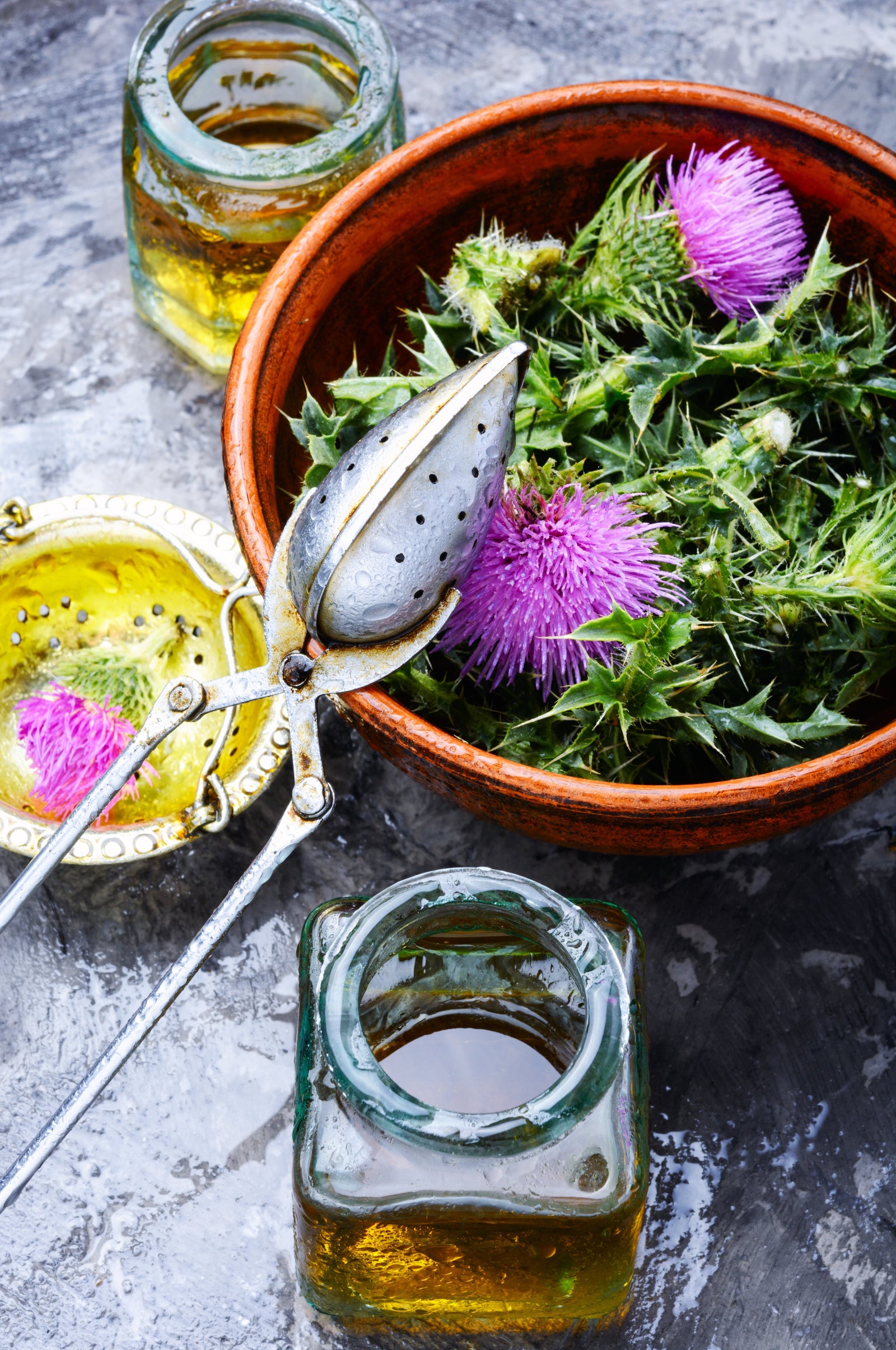The Most Effective Herbs for Regulating Cholesterol and Triglycerides

Herbs are a natural and effective support in regulating cholesterol and triglyceride levels. Through various mechanisms of action, they support cardiovascular health, improve fat metabolism and protect the liver. Incorporating them into your daily life, along with a proper diet, physical activity and stress management, is a comprehensive approach to health.
The most effective herbs for healthy cholesterol and triglyceride levels:
Dandelion (Taraxacum officinale)
Dandelion has been used in natural medicine for centuries as a means of supporting liver health and fat metabolism. Dandelion root contains bitter substances that stimulate bile production and improve digestion and fat excretion. Regular consumption of dandelion tea can help lower triglyceride levels and improve the body's overall lipid management.
Artichoke (Cynara scolymus)
Artichoke is one of the most well-known herbs that support the regulation of cholesterol and triglyceride levels. Artichoke leaf extracts contain cynarin, a substance that supports liver function, increases bile production and improves fat metabolism. Regular use of artichoke-based products can lower LDL and raise HDL. Artichoke can be used in the form of infusions, capsules or as an addition to dishes.
Flaxseed (Linum usitatissimum)
Flaxseed is rich in omega-3 fatty acids and lignans, which help lower LDL cholesterol. Regular consumption of ground flaxseed or flaxseed oil improves the LDL to HDL ratio and reduces triglycerides. Flaxseed can be added to yogurts, salads, smoothies or used as an ingredient in bread.
Milk thistle (Silybum marianum)
Milk thistle is a valued herb in natural liver therapy. Its main active ingredient, silymarin, has a protective effect on liver cells, supports its regeneration and improves fat metabolism. Regular consumption of milk thistle in the form of infusions, capsules or ground seeds can help reduce cholesterol and triglyceride levels.
White mulberry (Morus alba)
White mulberry is primarily known for its beneficial effect on blood sugar levels, but it can also help regulate lipids. Mulberry leaves contain substances that limit the absorption of fats in the intestines, which helps reduce LDL cholesterol and triglyceride levels. White mulberry can be used in the form of tea or dietary supplements.
Fenugreek (Trigonella foenum-graecum)
Fenugreek contains saponins and fiber, which help limit the absorption of cholesterol in the intestines and also improve fat metabolism. It can be used in the form of seeds added to dishes, tea or dietary supplements. Regular use of fenugreek can significantly reduce LDL and triglyceride levels.
The effects of herbs on cholesterol and triglycerides are based on several key mechanisms that support circulatory health and improve lipid metabolism:
Reducing cholesterol synthesis in the liver: Some herbs, such as garlic, contain active compounds (e.g. allicin) that inhibit enzymes responsible for cholesterol production. This reduces the amount of LDL in the blood.
Increasing bile production and flow: Plants such as artichoke and dandelion stimulate the secretion of bile, which is necessary for the digestion of fats. This process supports the removal of excess cholesterol from the body.
Inhibiting cholesterol absorption in the intestines: Fenugreek, white mulberry and flaxseed contain fiber and substances that create barriers that limit the absorption of fats from food. This reduces the amount of lipids that enter the bloodstream.
Antioxidant effects: Herbs such as hawthorn and milk thistle are rich in antioxidants that protect liver cells from damage and support their regeneration. Additionally, antioxidants prevent LDL oxidation, which reduces the risk of atherosclerotic plaque formation.
Improving fat metabolism: Bitter substances in many herbs, such as dandelion, stimulate enzymes responsible for breaking down fats, which helps reduce triglyceride levels in the blood.
Supporting blood vessel health: Herbs such as garlic and hawthorn improve the elasticity of blood vessels and support blood circulation, which reduces the risk of clots and supports lipid transport.
Through these various mechanisms, herbs can be an effective and natural support in regulating cholesterol and triglyceride levels, while supporting overall cardiovascular health.






